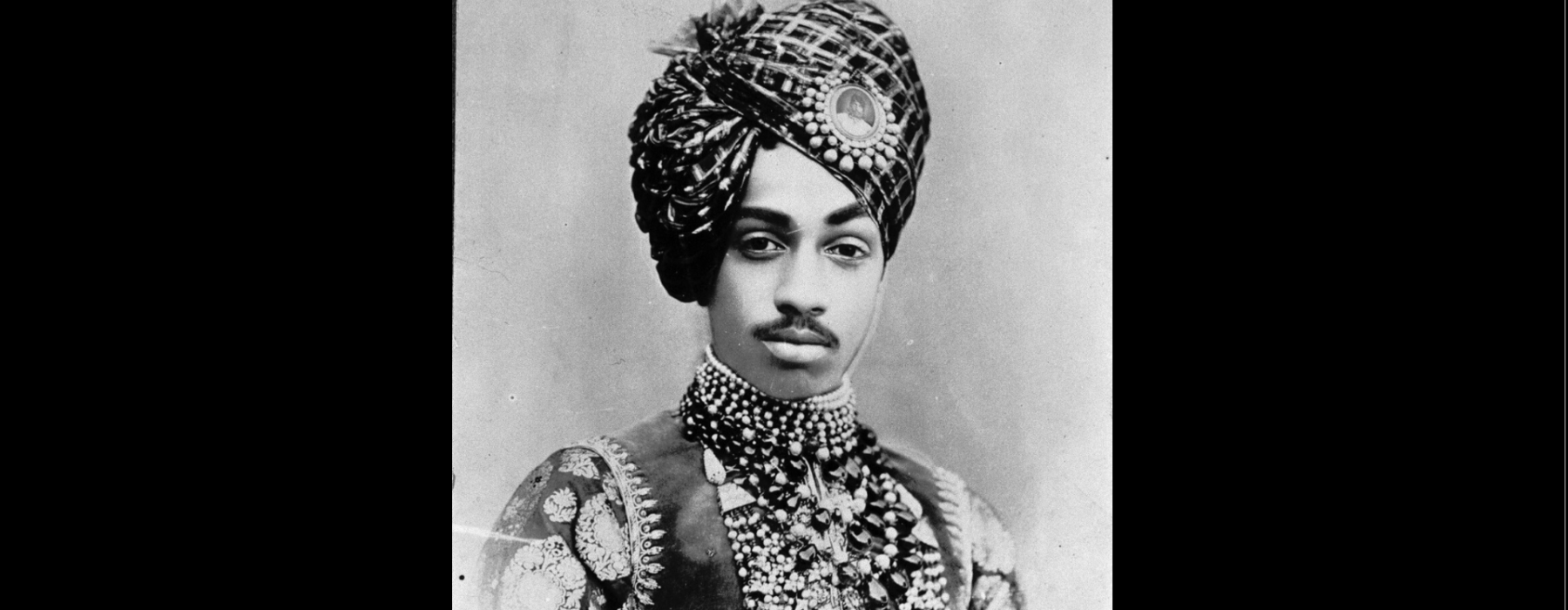
It is unquestionable that the work of curation, especially, but not limited to ethnographic museums, has been complicit in the sustenance of race-thinking, of ideologies and prejudices that uphold systemic injustices based on race within our societies. Also true, however, is the existence of a long tradition of curatorial practices from both in - and outside museums that has been critical of museums’ long and complex relationship with race and racism, while offering alternatives for how museum can curate, collect and exhibit in ways that redress racism’s ongoing effects. While acknowledging this history of attempts to undo race(ism) numerous activists outside the museum have demanded that we not give in to easy celebration of what has already been done, but that we sharpen our attentiveness to the very ways that race(ism) may be entangled with the everyday practices that characterise our work as museums, practices such as curation and collecting.



